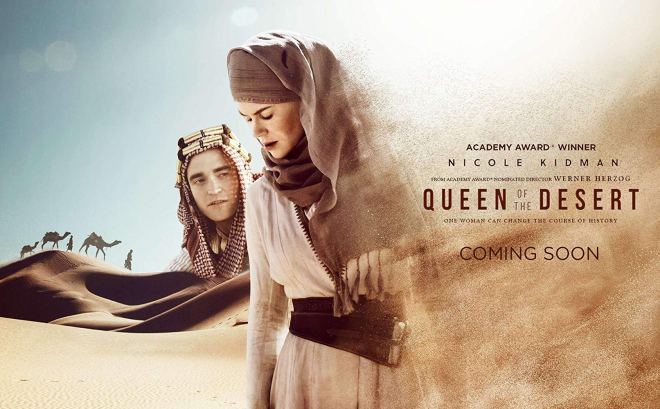Another historical costume drama on Netflix prompts a return to the long-vacant confines of Movie Monday!
Henry V is one of those characters who looms large in the English national consciousness, not least because he’s the person who gives one of the most frequently-quoted monologues in all of theatre. He’s basically the anti-Hamlet, or “what if Hamlet was a hero,” a sensitive soul who goes from youthful irresponsibility to warring emotions to brave, humane responsibility.
Oh, you thought I meant the historical Henry V? No, no. We’re talking about Shakespeare’s Henry V here, and so, absolutely, is The King, a 2019 film starring Timothée Chalamet as Henry, with Robert Pattinson as the Dauphin and Joel Edgerton as Falstaff, a character who doesn’t appear in Henry V and anyway is pretty much fictional in the first place.
Much has been made of the historical inaccuracies of The King, and they are many. The most famous of these is probably its weird rewriting of the battle of Agincourt, probably the best-known battle in medieval English history. Everyone knows the English won that battle — probably many of those people even think they won the war. Even people who don’t care at all about medieval history can tell you what happened at Agincourt, more or less. But this version gives only a perfunctory nod to the hail of English arrows — yoiu know, the central feature of the battle that everyone was expecting to see — and focuses on a big armoured scrum in the middle of the field that ends with the death of the Dauphin, a character who not only didn’t die at the battle but wasn’t even there at all.
But this clearly isn’t so much a case of The King “getting it wrong” as of the film not really caring about this aspect and wanting to focus more on the character’s internal conflicts. That’s something that many historical dramas do, and that’s fine. But here the historical and dramatic aspects come into direct conflict, because The King is faced with a very difficult problem to solve: simply put, “wants to be king of France” is not a very likeable motivation for a protagonist.
The King wants to be a story about Henry coming to terms with his new role, but it also wants him to be skeptical about the value of war and the state, because this is 2019. The problem is that Henry V, either the Shakespearean or historical versions, is a pretty bad choice of character about whom to tell this story. In order to have its cake and eat it too — to have Henry kick butt in battle but also not be responsible for devastating another country in quest for personal enrichment — The King has to engage in another big curve away from history and come up with an elaborate conspiracy theory that explains that sneaky nobles and churchmen tricked poor old Henry into going to war with France. This does have the advantage of giving Catherine de Valois (Lily-Rose Depp) something to do in this version of the story — she reveals the plot to poor ol’ dumb Henry — which I guess is nice.
People have praised Robert Pattinson’s performance as the Dauphin Louis in this, which I take as evidence that at some point before last week I had a sharp blow on the head and have been in a coma this entire time. Actually, I’m being unfair — Pattinson’s performance is fine. It’s the part that’s terrible. Louis is a black-clad psychopath who lurks around the woods murdering children and gives big villain speeches before meeting an ignominious end at Agincourt. He’s a Game of Thrones character, a villain so comically evil and cruel that even our excuse for a protagonist looks heroic by comparison. He’s even more jarring because everyone else is playing this nonsense relatively straight and he’s going Full Panto, right down to a Fronsh Accsont.
Ultimately, The King suffers from a problem that a lot of writers will recognise — an unwillingness to go back to the drawing board. We don’t want to do the historical Henry V; instead we’ll do a modern take on Shakespeare’s Henry. Great, that makes sense. But wait! Shakespeare’s Henry is not a very heroic character by modern standards. OK, don’t worry, we’ll change the plot so that he’s more sympathetic. But wait! Doesn’t that mean we should just make a movie about somebody else, since this is neither history nor Shakespeare? Too late now!
The writing is not quite as good as Shakespeare either.








